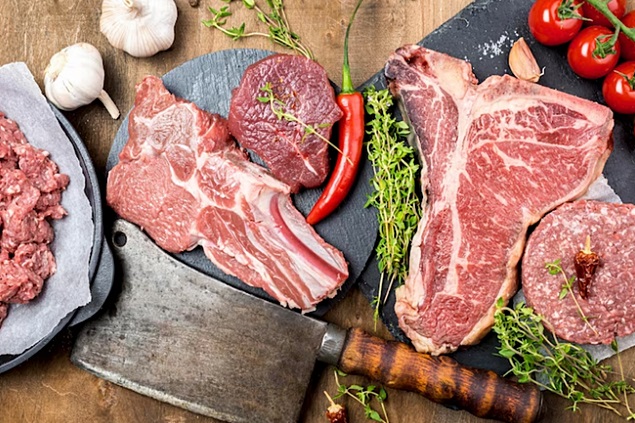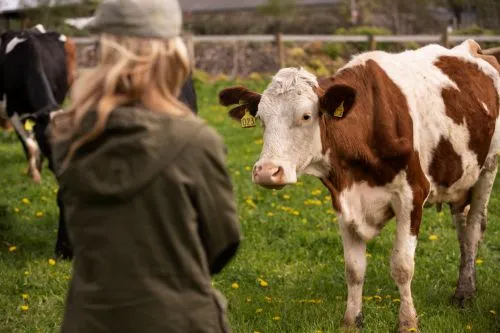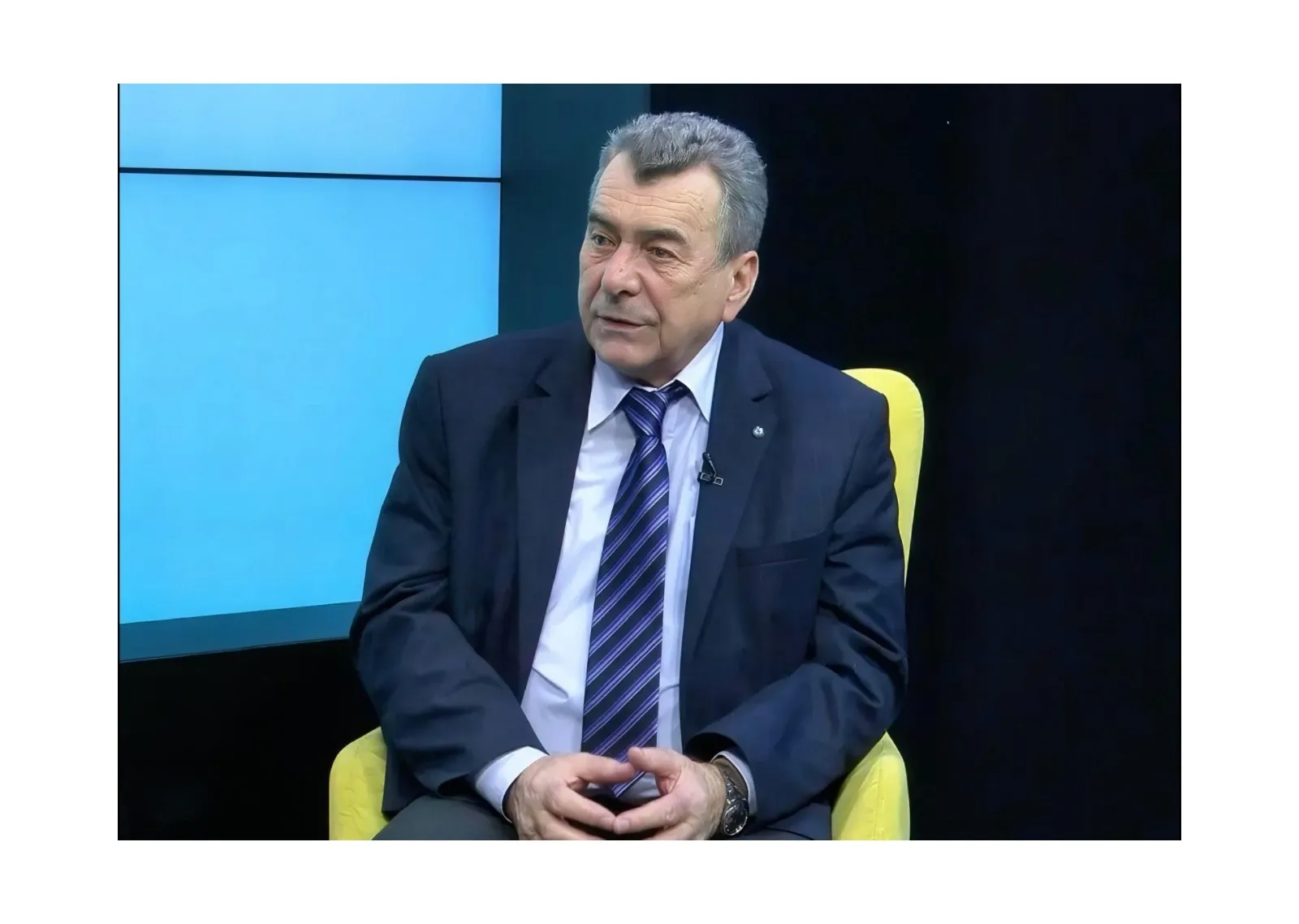1588

The production of animal proteins is expected to grow at a slower pace in 2024 as margins continue to narrow due to structural changes in market conditions, according to a new report from Rabobank.
Higher costs, stricter deliveries
The annual Global Animal Protein Outlook report noted that higher production costs and stricter deliveries will increase animal protein prices and limit global consumption next year, adding that producers and processors will need to adapt to maintain success.
Justin Sherrard, Global Animal Protein Strategist at Rabobank, stated, "It is evidence of the resilience and flexibility of companies across animal protein supply chains that they continue to grow production and meet customer expectations against such challenging market conditions.
"Despite a cost of living crisis putting pressure on consumer finances, there continues to be demand for animal proteins, and companies have managed to overcome challenges, from high costs to regulatory uncertainty and diseases, to capitalize on them."
Other Findings
The report anticipates that input costs and inflation are likely to decrease but will remain at a higher level than the pre-pandemic period.
Buyers are becoming more accustomed to higher prices, and it has been observed that they are willing to pay a premium for quality in some markets, it noted.
Rabobank also predicts some permanent market changes, such as tightening labor markets and rising production costs due to demographic changes and a slowing of consumption due to population reductions.
Companies will be under pressure to invest in modernizing production systems to meet the needs of emerging markets, meet regulatory requirements, and respond to changing consumer preferences regarding sustainability.
Unfavorable weather conditions and diseases also present challenges, Rabobank added.
Sherrard explained, "Instead of simply weathering the storm, animal protein businesses need to take stock of their strengths and prepare to transit their supply chains to operate in a high-cost, tight-margin environment.
"Companies should improve productivity, review existing portfolios, strengthen supply chain partnerships, increase investments in new product development, and adjust pricing strategies to address challenges next year."
Production Outlook
Rabobank analysts predict a marginal year-on-year production increase of 0.5% to 247 million tons of animal protein next year in major markets across North America, Brazil, Europe, Oceania, China, and Southeast Asia.
Poultry and aquaculture are the two categories expected to see production growth in 2024.
Beef production will continue the decline observed in 2023, moving in line with changes in bovine cycles in North America, while pork production will also contract modestly, the report stated.
Elsewhere, wild-caught seafood will return to the long-term production decline pattern after a year of expansion in 2023.
Salmom supply is expected to expand by 4% to 5% after two years of production contraction and plateau. Relative price competitiveness compared to other proteins will stimulate demand, Rabobank added.
Regional Growth
At the regional level, Brazil and Southeast Asia are expected to experience the fastest growth in poultry and meat production, according to the report.
In Brazil, production will increase across all species, led by pork and poultry, although it will slow compared to 2023 levels.
Meanwhile, China and Oceania countries Australia and New Zealand will see marginal growth, with poultry being the best-placed in China and pork and beef under pressure, Rabobank mentioned. Europe and North America will overall record production contraction.
"Not all structural changes in the market are harmful – many offer new opportunities for companies to improve their processes and products," added Sherrard.
"Those companies that can demonstrate agility in adapting to the new environment and navigate consumers' willingness to pay for certain preferences will be able to take advantage of the tighter market and come out on top."





